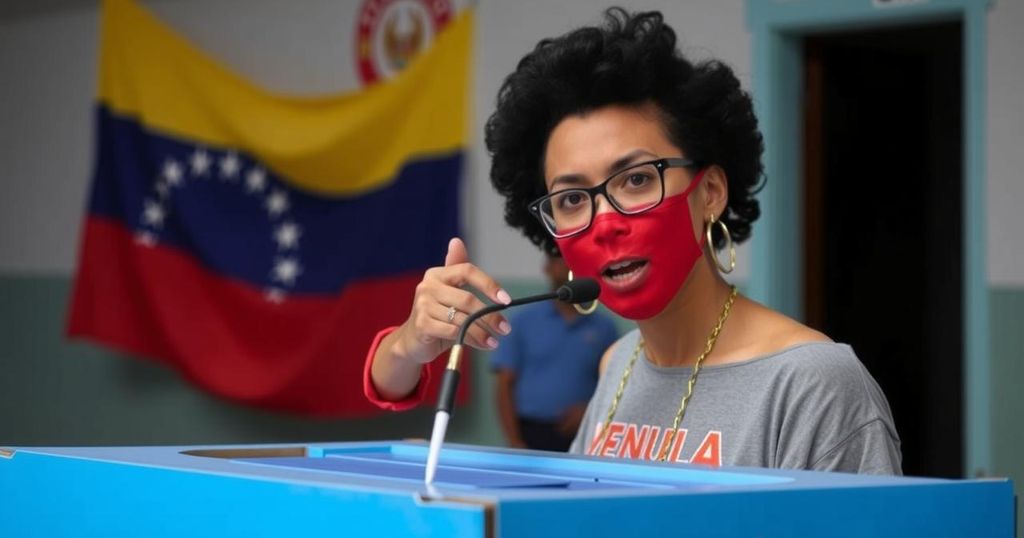Venezuela’s Local Elections for Peace Judges: A Step Towards Grassroots Democracy

On December 15, 2024, Venezuela will hold elections for 30,000 communal peace judges, aiming to strengthen grassroots democracy. These judges will be elected from a large candidate pool across over 4,000 communal circuits and will mediate local conflicts, promoting peaceful coexistence within communities. Eligible voters, aged 15 and older, will participate in a structured electoral process managed by local commissions, underscoring a commitment to direct democracy.
On December 15, 2024, Venezuelan citizens will participate in local elections to elect 30,000 communal peace judges, a critical initiative aimed at fostering grassroots democracy in the nation. This election will take place across over 4,000 communal circuits, including 481 indigenous communities. Each circuit will allow voters to select two or three judges from a pool of more than 52,000 candidates, signifying an active engagement in community governance. Eligible voters, aged 15 and older, will have access to 4,817 polling stations managed by local electoral commissions.
During a recent assembly in El Panal Commune, President Nicolás Maduro emphasized the importance of this electoral process as a pathway towards direct democracy, stating, “What we are undertaking is a significant step toward the future—a genuine democracy that goes beyond superficial representation.” The election of these peace judges will focus on redefining community relationships and enhancing social cohesion, with a firm commitment to addressing local conflicts without resorting to formal judicial systems.
Prominent figures, including Ángel Prado, Minister of Communes, and local activists, underscored the historical significance of this election as part of a larger radicalization of participatory democracy. The elected peace judges will have the responsibility to mediate various local disputes ranging from tenancy and child support issues to neighborhood disagreements, fostering an environment of peaceful coexistence. Furthermore, newly established regulations grant them broader powers to address community conflicts effectively.
Candidates for the role of peace judge underwent screening to ensure they possess a thorough understanding of local customs, laws, and community dynamics. They must be over 25 years old, reside in their community for at least three years, and have a positive reputation. This initiative continues previous efforts whereby communities directly selected projects funded by the state, reinforcing the crucial role of local voices in governance. A third consultation is anticipated to be rescheduled for early 2025 to further engage community participation in local development initiatives.
The upcoming election for communal peace judges in Venezuela represents a strategic effort by the government to embed grassroots democracy into the political fabric of the nation. This initiative aligns with the broader historical context of Venezuelan politics, where community participation and self-governance have been emphasized as essential components of the Bolivarian Revolution. The reformation of the Organic Law of Communal Peace Justice has granted these judges new responsibilities, enabling them to address local disputes effectively, thereby reducing the burden on formal judicial systems and tailoring resolutions to community-specific contexts. This election reflects the Venezuelan government’s commitment to enhancing participatory democracy and empowering local communities to take charge of their governance and social relations.
In conclusion, the election of communal peace judges in Venezuela signifies a pivotal move towards enhancing grassroots democracy and community governance. With over 30,000 judges to be elected from an extensive candidate pool, this initiative aims to revitalize local dispute resolution mechanisms and strengthen social bonds within communities. The electoral process, which includes regular training for the elected judges, reflects an ongoing commitment to participatory governance, reinforcing the principle that local populations can meaningfully engage in their self-administration and conflict mediation.
Original Source: venezuelanalysis.com








